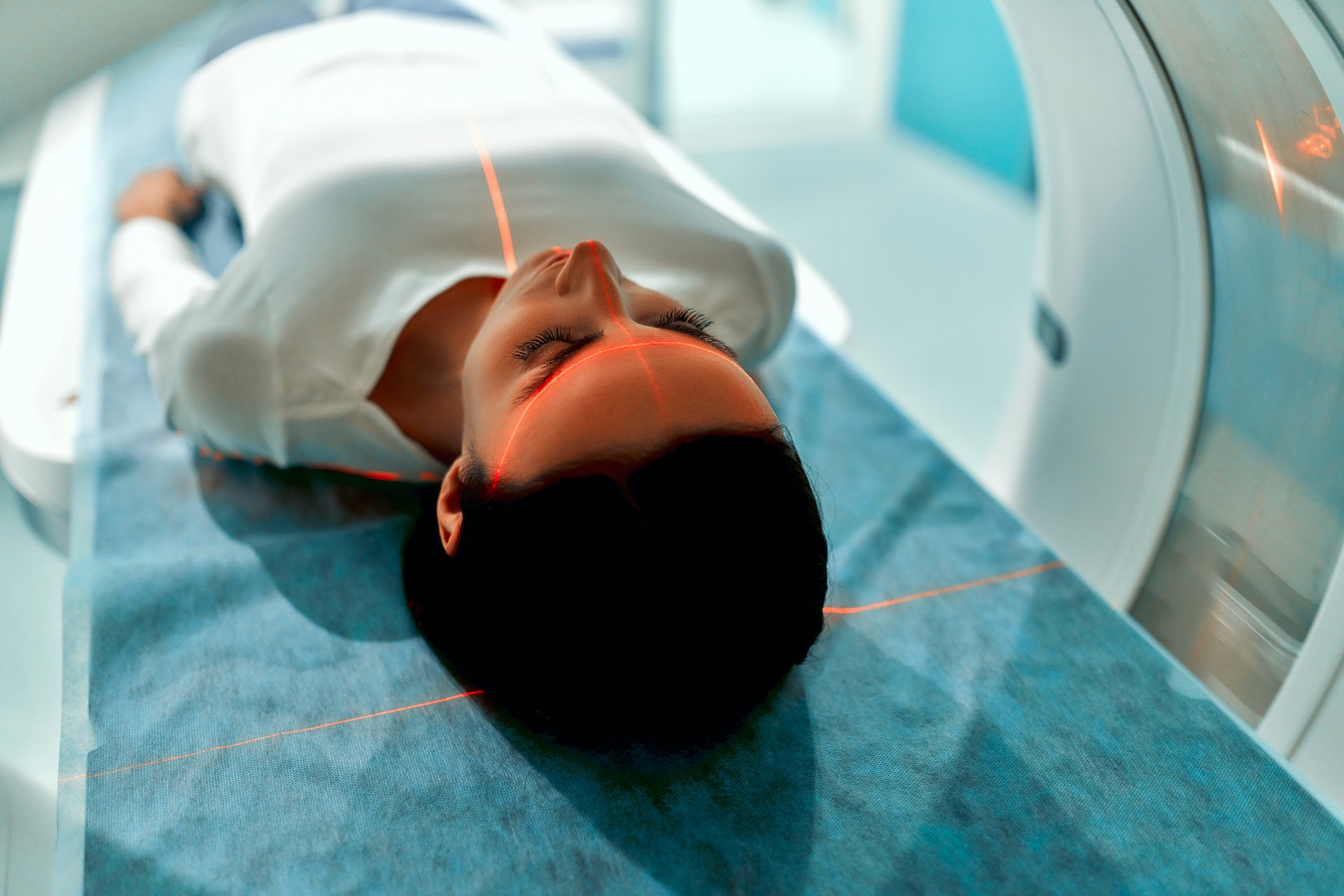
Researchers identified the genetic background of the previously known but mysterious AnWj blood group antigen. The findings allow identification and treatment of rare patients lacking this blood group.

A completely new structure of light just dropped, called the chiral vortex – and the international team of scientists behind its creation says it could be crucial in developing new drugs and in accurately diagnosing diseases.

Research suggests AI could diagnose depression from health records or even social media posts. And it could overcome GP bias when it comes to prescribing medications.

U.S researchers have made a landmark discovery in the field of mental health, potentially leading to a blood test capable of detecting suicidal thoughts in individuals with major depressive disorder.

Scientists have developed a quick genetic test that can diagnose a large range of rare muscle and nerve diseases with near perfect accuracy.

In just 7 hours, 18 minutes, US researchers went from collecting a blood sample to offering a disease diagnosis. This is the result of ultra-rapid DNA sequencing technology paired with massive cloud storage and computing.

A team of scientists in Korea and the United States have invented a device that can control neural circuits using a tiny brain implant controlled by a smartphone.

In a matter of seconds, a new algorithm read chest X-rays for 14 pathologies, performing as well as radiologists in most cases, a Stanford-led study says.

Engineers have developed a new ultrasound transducer that could dramatically lower the cost of ultrasound scanners to as little as $100. Their innovation is portable, wearable and can be powered by a smartphone.

A new radiation sensor developed by US researchers is a wearable, disposable, film-type device fabricated on a paper substrate with cells of the yeast patterned between two electrodes and used as a smart material.

Australian researchers said Wednesday they have developed a blood test for melanoma in its early stages, calling it a "world first" breakthrough that could save many lives.

US Scientists have developed a device for automated blood drawing and testing that could provide rapid test results at bedsides or in ambulances, emergency rooms, clinics or doctors’ offices.

Affordable, rapid DNA sequencing is causing a revolution in medicine and healthcare globally, and it's happening now.

This month, the Estonian government kicks off a program that aims to collect the DNA of 100,000 of its 1.3 million residents. In return, it will offer them lifestyle and health advice based on their genetics.

Fuelium is developing paper-based batteries designed for disposable diagnostic devices.